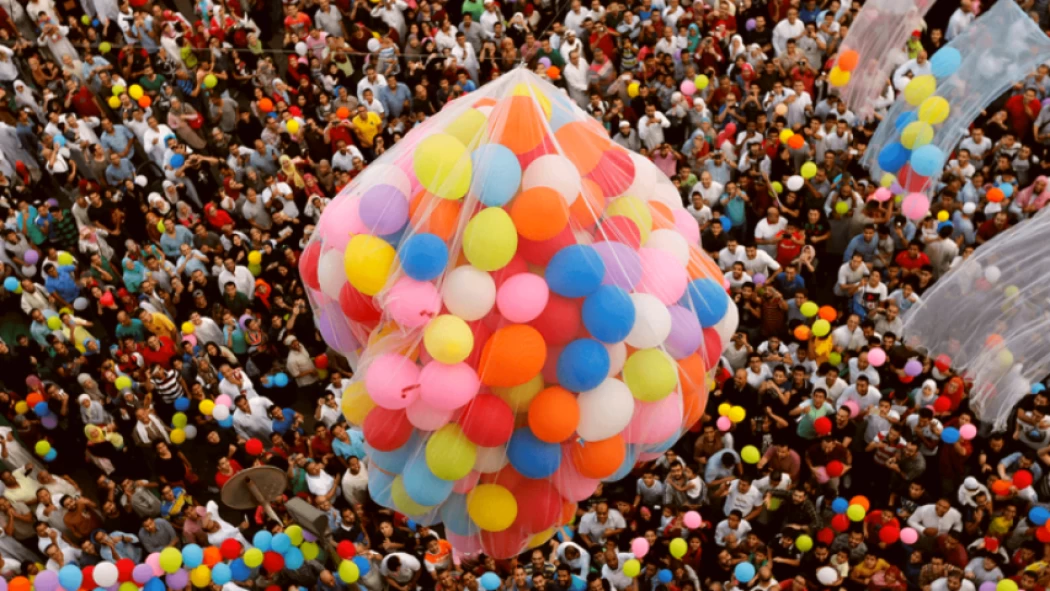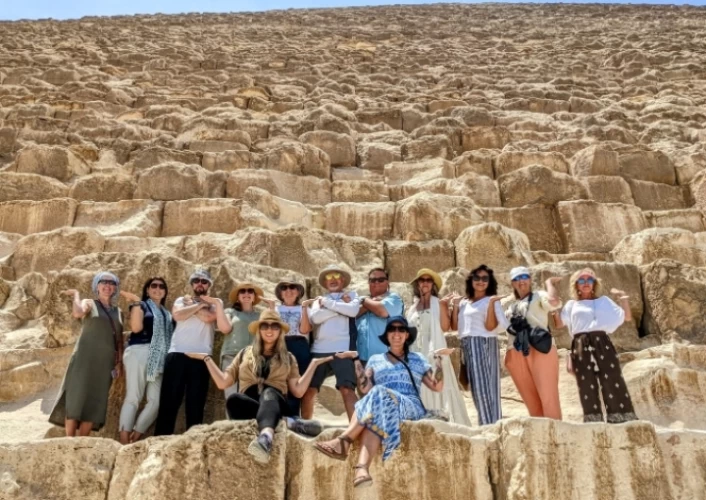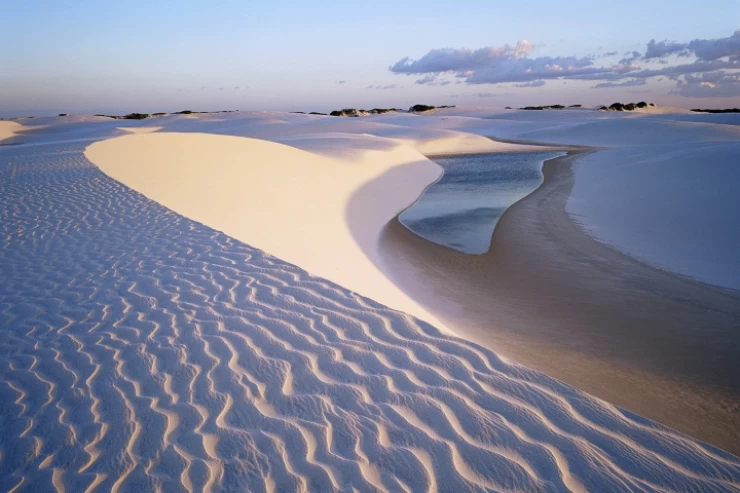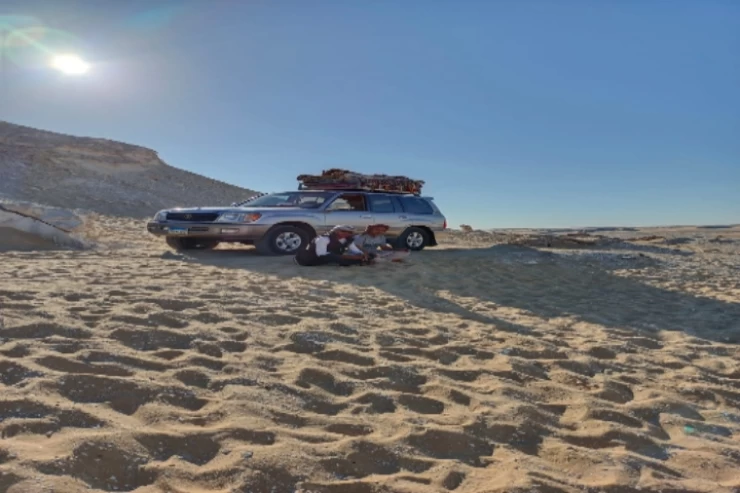
Eid al-Adha Egypt | Eid-el-Kibr Egypt
The competition might also be called Al Eid Al Kabeer, which suggests the 'Grand Eid'. it's this additional necessary standing in spiritual terms as this Eid lasts for four days whereas Eid Al Fitr is in some unspecified time in the future, although most countries observe an equivalent range of public holidays for each eid.
This competition is well known throughout the Muslim world as a commemoration of Prophet Abraham's temperament to sacrifice everything for God.
Eid al-Adha falls on the tenth day of Dhu al-Hijjah, the twelfth and final month within the Mohammedan calendar.
As the actual day is predicated on satellite sightings, the date could vary between countries.
Traditions of Eid Al Adha
Eid al-Adha concludes the pilgrim's journey to Mecca. Eid al-Adha lasts for 3 days and commemorates Ibrahim's (Abraham) temperament to adjust to God by sacrificing his son.
The same story seems within the Bible and is acquainted with Jews and Christians. One key distinction is that Muslims believe the son was Ishmael instead of the patriarch as told within the Old Testament. Eid Al Lahma, which suggests the 'meat Eid'
According to the Koran, Ibrahim was on the brink of sacrificing his son once a voice from heaven stopped him and allowed him to create one thing else as a 'great sacrifice'. within the Old Testament, it's a ram that's sacrificed rather than the son.
In Islam, Ishmael has considered a prophet associated with a relative of Muhammad.
During the feast of Eid Al Adha, Muslims re-enact Ibrahim's obedience by sacrificing a cow or ram. The family can eat a few thirds of the meal a 3rd goes to friends and relatives, and also the remaining third is given to the poor and poverty-stricken.

















